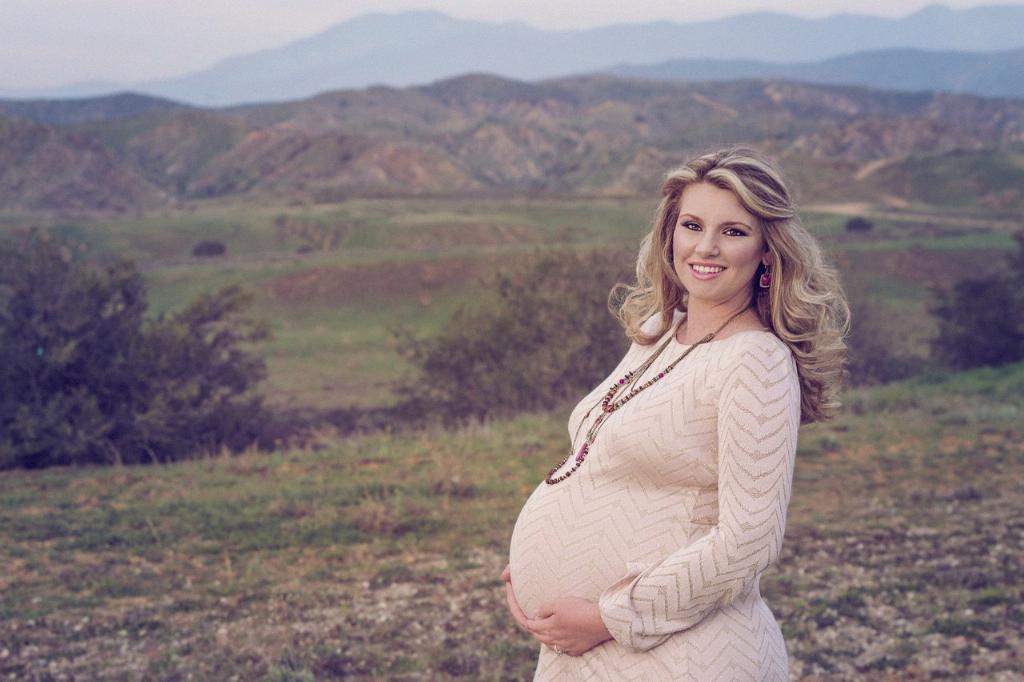It’s common to experience feelings of dizziness and lightheadedness during pregnancy, and there are various factors that can contribute to these sensations. One of the primary causes is the hormonal changes that occur in your body while you are expecting. These hormonal shifts can lead to fluctuations in blood pressure, which may result in reduced blood flow to your brain.
Impact of Hormone Changes on Blood Pressure
During pregnancy, the production of hormones such as progesterone and estrogen increases significantly. While these hormones play crucial roles in supporting the pregnancy, they can also have effects on your cardiovascular system. Specifically, they can cause your blood vessels to relax, leading to a drop in blood pressure. This drop in blood pressure can result in feelings of dizziness and lightheadedness.
Understanding the Role of Overheating
Another factor that can contribute to dizziness during pregnancy is overheating. As your body works hard to support the growth and development of your baby, you may find that you are more prone to overheating. When your body temperature rises, it can impact your blood circulation and potentially trigger feelings of lightheadedness.
Managing Low Blood Sugar Levels
Maintaining stable blood sugar levels is essential during pregnancy, as fluctuations in blood sugar can lead to dizziness and light-headedness. Skipping meals or going for long periods without eating can cause your blood sugar levels to drop, which may result in feelings of weakness and dizziness. Keeping healthy snacks on hand and eating regular meals can help prevent these symptoms.
Importance of Staying Hydrated
Dehydration can also contribute to feelings of dizziness and lightheadedness during pregnancy. Your body needs extra fluids to support the increased blood volume and other changes that occur during pregnancy. It’s important to stay hydrated throughout the day by drinking plenty of water and other hydrating beverages.
Effect of Postural Changes
As your pregnancy progresses, changes in your body’s center of gravity and the growing uterus can impact your posture. Standing up too quickly or standing for prolonged periods can affect blood flow to your brain, potentially leading to dizziness. Taking care when changing positions and moving slowly can help minimize these effects.
Significance of Adequate Nutrition
Proper nutrition is vital for supporting a healthy pregnancy and reducing the risk of dizziness and lightheadedness. Make sure your diet includes a variety of nutrient-dense foods, including fruits, vegetables, whole grains, lean proteins, and healthy fats. Consult with your healthcare provider to ensure you are meeting your unique nutritional needs during pregnancy.
Role of Rest and Relaxation
Stress and fatigue can exacerbate feelings of dizziness and lightheadedness. Prioritize rest and relaxation, and listen to your body’s cues for when you need to take a break. Engage in activities that help you unwind, such as gentle exercise, meditation, or spending time in nature.
Seeking Support from Your Healthcare Provider
If you frequently experience dizziness or lightheadedness during pregnancy, it’s essential to discuss these symptoms with your healthcare provider. Your provider can evaluate your overall health and determine if there are any underlying issues contributing to your symptoms. They can also provide personalized recommendations for managing and alleviating these sensations.
Final Thoughts
Experiencing dizziness and lightheadedness during pregnancy is a common occurrence for many expectant mothers. By understanding the various factors that can contribute to these symptoms and taking proactive steps to address them, you can help minimize their impact on your daily life. Remember to prioritize self-care, stay hydrated, eat balanced meals, and seek guidance from your healthcare provider if you have concerns about your symptoms.

